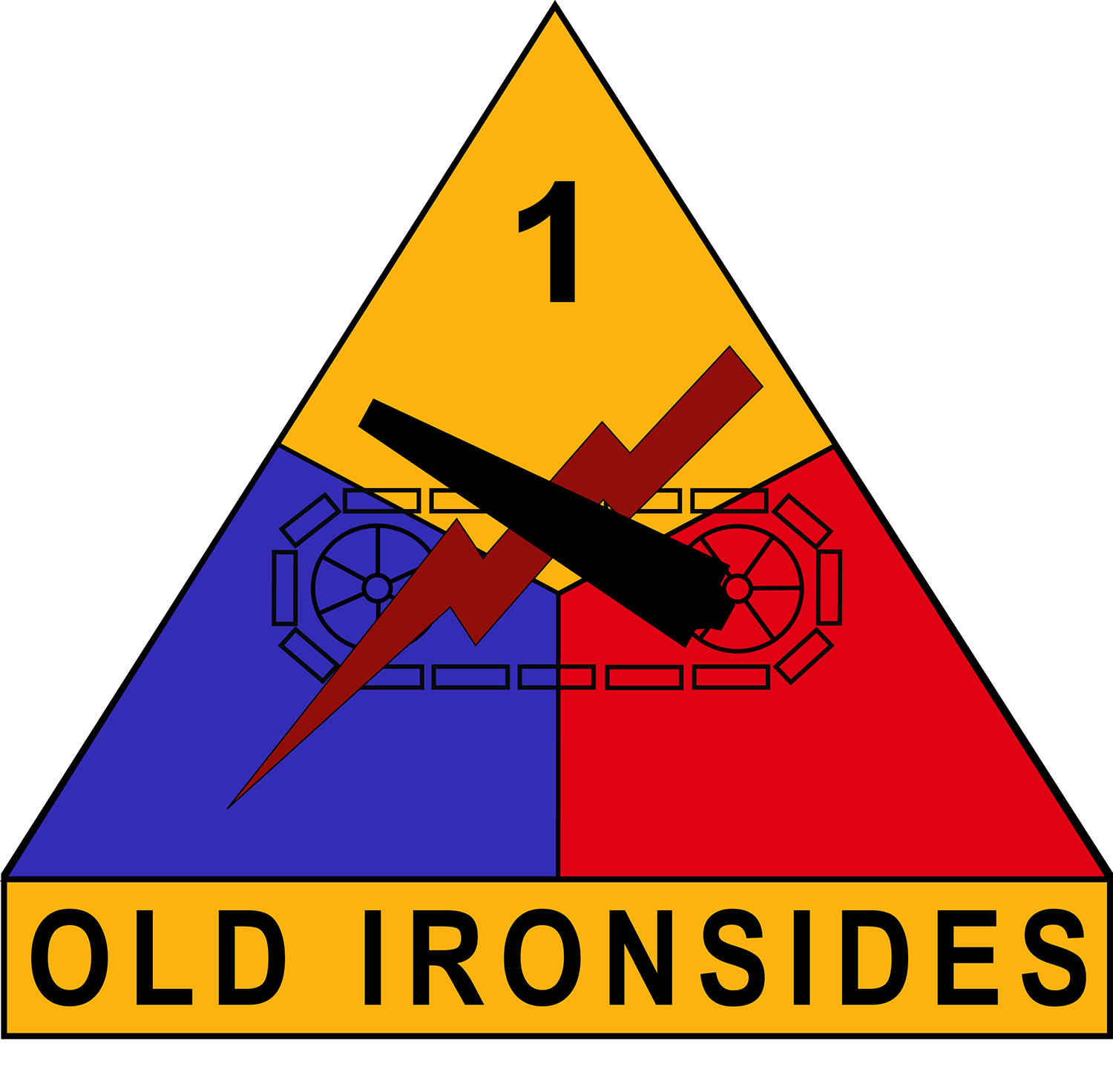
How to Avoid a “Yo-Yo” Scam
By Capt. Brian Mauro, Fort Bliss Legal Assistance Office
The “yo-yo” scam is a serious problem a new car customer should always have on their radar. The scam occurs when a customer seeks to buy a car financed directly through the dealership. The dealership offers them an auto loan with a very low interest rate that seems too good to be true. The customer signs the documents with the lower rate listed and drives off the lot with the new car that day.
A few days, or even weeks later, the dealership contacts the customer stating it can no longer offer the car at the original rate. Typically, the reason given is the financer denied the loan. The dealer tells the customer they need to renegotiate the loan, or the offer will be rescinded completely.
The dealer secures alternative financing at a much higher interest rate and gives the customer the option to either pay the new rate or give the car back. This back and forth is where the scam gets its name. A customer is let go with a new car, then pulled back in like a yo-yo.
The best way to counter a “yo-yo” scam is to avoid one entirely. There are several ways to do so.
- Finance Independently: The best way to avoid the headache of a “yo-yo” scam is to finance a car loan through an independent bank. This will keep the financing in the hands of an independent financial institution and remove control from the dealership. With online lenders, you can get prequalified and find the best loan option from home.
- Read the Contract Thoroughly: Always be sure to read the fine print. It is critical to look for terms like “conditional” in the agreement indicative of a conditional sales agreement. This is a financing arrangement where a buyer takes possession of an asset, but its title and right of repossession remain with the seller until the purchase price is paid in full. In other words, the dealership will own your car even after you drive off the lot, and thus has the legal right to take it back if you do not renegotiate the contract. Always ask for clarification on any terms you are unclear on, including rates higher than originally quoted.
- Avoid Unnecessary Charges: A dealership may try to add on additional charges to your final loan amount, resulting in higher payments. Ask for a copy of the final paperwork, including the add-ons, and review it thoroughly before signing a contract.
- Walk Away: Do not agree to an auto loan until you’re ready. Financing a car at the dealership typically comes with increased pressure from the salesperson. If at all possible, it is better to have the financing to pay for the total cost of the vehicle lined up and approved by an independent financial institution before you even visit the dealership. Never be afraid to walk away if you are not comfortable with the agreement being made.
If you have already fallen victim to one of these scams, and the dealer tells you your financing has been denied, there are still a few steps you can take.
- Check for a Conditional Sales Agreement: Check the language of the contract to see if the agreement is a conditional sales agreement. Again, look for the word “conditional.” If it is a conditional sales agreement, you may be able to return the car and receive any money you put down along with your trade-in, if you made one. If the dealer already sold your trade-in, you should receive the cash amount of the sale. If the dealer refuses to refund the amount, you should contact your State Attorney General’s Office immediately.
- Request a Denial Letter: Request a letter from the lender denying your auto loan request. This will indicate whether the denial of financing was legitimate or not. If the dealer will not provide it, you should back out of the agreement immediately.
- Independently Finance After the Fact: If possible, you should attempt to secure your own financing after the fact. To do so, contact the lender to see if they could give you the “out-the-door price.” From there, you can try to secure your own financing with an online lender, bank or credit union.
If you fall victim to a “yo-yo” scam, or even spot one, you should always report it with the Federal Trade Commission.
To do so, visit the FTC’s website at reportfraud.ftc.gov. Select “Report Now” to get access to the online complaint form. From there select “Auto sale, repair” and either used or new “Auto Sales Experience.” You will then be directed to another page where you can provide more information about the scam, including the amount you paid, the company and the names of people you have spoken with. Once you submit the complaint, it will be reviewed and assigned to an investigator, who will investigate the scam and potentially contact you to ask for more information. You can also begin the process by phone with the FTC’s Consumer Response Center at 877-382-4357.
The unfortunate reality is that these scams are common. Worst of all, dealerships know what they are doing. They pull scams like this to make more money on their end, because they profit less from cars bought on loan. The problem is these scams are not illegal. We call this behavior "lawful, but awful." It is recommended you avoid dealership financing if possible, and if you do choose to finance through your dealership, make sure you do your homework to avoid these all-too-common scams.
If you have more questions about this topic, please schedule an appointment to speak with an attorney at Fort Bliss Legal Assistance Office by either calling (915) 568-7141 during office hours or emailing usarmy.bliss.hqda-otjag.mesg.bliss-legal-assistance-office@army.mil anytime.




